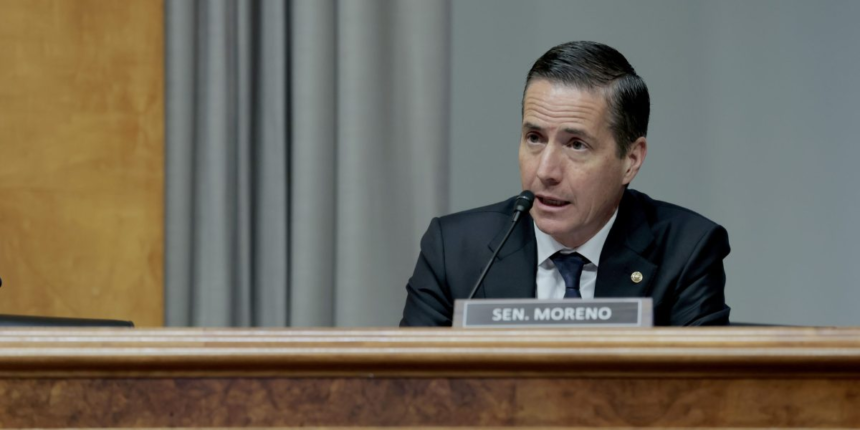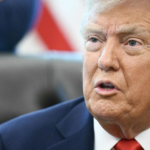Congressional Republicans are embracing Donald Trump’s tariff campaign as a way to advance home-state causes, lobbying the president to impose more import duties to protect local companies.
The rank-and-file GOP lawmakers’ entreaties, which often present trade actions shoring up favored manufacturers as a winning tactic for midterm elections, bolster the political case for broadening US tariffs.
In a social media post announcing the furniture trade action, he cited the boost it would provide to manufacturers in North Carolina and Michigan, two states with potentially pivotal Senate races next year.
More than a dozen Republican lawmakers have pushed for fresh or higher tariffs to protect local industries. Several of the lawmakers said Trump granted their requests or said White House officials signaled they would approve the asks.
The items were included in the broader tariffs on products made from steel and aluminum that the administration announced in a notice posted Tuesday.
Spokespeople for the White House and US Commerce Department didn’t respond to requests for comment on the role lawmakers’ requests played in the tariff decisions.
In the protectionist lobbying by Trump allies, tariffs are cast as the economic savior for struggling local industries and political boost for the GOP. It’s a stark example of how to successfully lobby in today’s murky trade environment, even as Trump has openly claimed that his unpredictability gives him leverage.
The tariff decisions suggest the White House is open to input on the trade matters from outsiders friendly to the administration. Trump’s announcements on trade deals regularly arrived in the form of letters posted to trading partners on social media, excluding Congress from direct involvement in negotiations.
Senator Tommy Tuberville, an Alabama Republican, said before Trump’s furniture trade action was announced that the White House has been receptive to his lobbying for a tariff of at least 60% on wood cabinets — echoing local manufacturers’ pleas.
Tuberville said he expects the administration ultimately will fulfill the request, though it wasn’t immediately clear whether the furniture trade probe will lead to tariffs on wood cabinets.
Cabinet makers were “about to go under” during Trump’s first term and he saved them, Tuberville said in a July interview. “He’s doing the same thing now.”
Republican Representative Joe Wilson of South Carolina and Republican Senator Katie Britt of Alabama are among other lawmakers pushing for tariffs on products made of wood. Some local manufacturers in their states want a duty of at least 100% on cabinets.
The lawmakers’ lobbying doesn’t occur in a vacuum. They’re often relaying requests from companies and trade groups that also have their own connections with the Trump administration.
Lobbying is a bipartisan act and occurs during every presidency, but these efforts are different because of Trump’s emphasis on personal relationships, according to Matthew Foster, a professional lecturer at American University’s School of Public Affairs.
Trump sometimes amplifies the positions of the last person he’s talked to, which explains how his close allies could benefit when they ask for favors, he added.
It’s all about having an advocate with a history of access to the president to get the issue at hand through the door, said Gary Hufbauer, a senior fellow at the Peterson Institute for International Economics. Under Trump, that’s the normal way of doing business, he added.
Moreno praised Lutnick for understanding business demands, touting the need to protect Whirlpool from cheaper imported steel.
“The reality is Whirlpool Corporation, which has a massive presence in Ohio, is the last appliance manufacturer in America,” Moreno said in an interview, adding that the Chinese are “interested in building industries that will dominate the world and crush American companies. We can’t allow them to do that.”
The lawmakers efforts on behalf of tariffs offer a clear potential political benefit: a message to voters that their manufacturing jobs will be protected. But they also threaten to raise the cost of living for consumers.
The tariffs “may work politically, but they may not work economically, and those are two different fields,” Hufbauer said.









